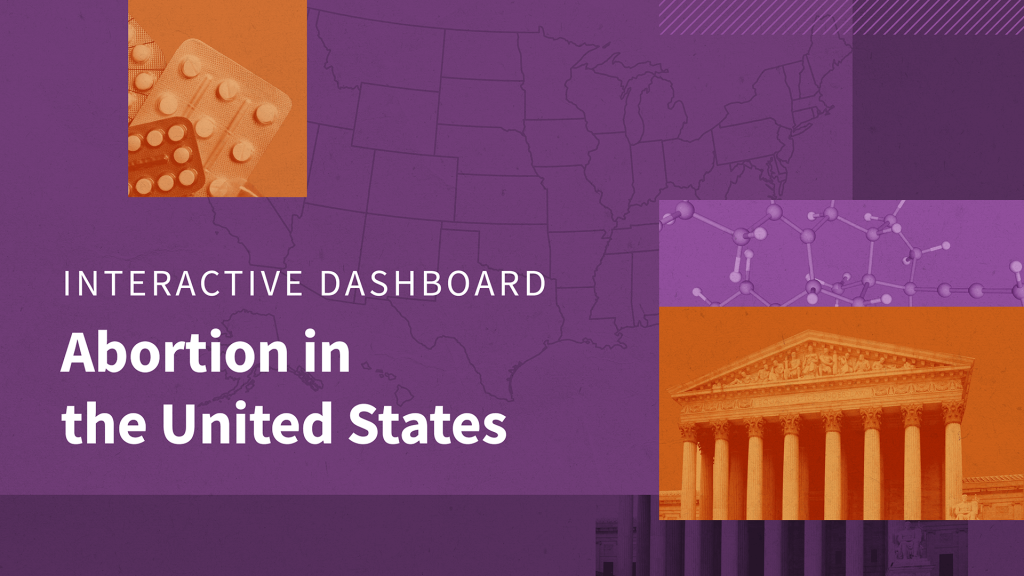10 Key Data Points About the Experiences of LGBT+ Women and Their Access to Care
This brief presents key data points on the health care experiences of LGBT+ women from the KFF Women’s Health Survey, a nationally representative survey of women in the United States conducted from May 13 – June 18, 2024.
